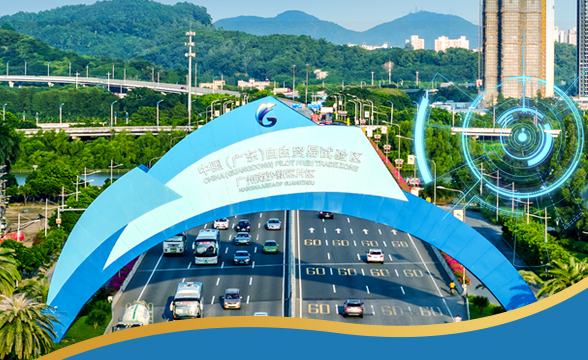Nansha enterprise donates 40 tons of relief supplies
Forty tons of relief materials were dispatched to Guangzhou’s Nansha district from Belgium on Feb 18.
The supplies, including 271,600 sets of protective suits, 632,400 pairs of medical gloves and 115,000 protective caps, is the largest single donation purchased from Europe to date.
They were donated to the local epidemic prevention and control headquarters by Guangzhou Baoben Haoche International Trade Co, a parallel import automobile company in Nansha, and Wongs Auto (Europe) Limited in the Netherlands.
“An enterprise is supposed to be of the society and for the society. We choose to stand with Nansha to contribute to the fight against the coronavirus pneumonia epidemic. And only when the environment is restored can we achieve good development,” said Che Shaohua, general manager of the company.
He also added that everything is based on the continued prosperity and development of the motherland. “I hope that we can make better achievements in the core of the Guangdong-Hong Kong-Macao Greater Bay Area.”
Sun Yong, vice mayor of the district, expressed thanks to the company.
As major European and American airlines have suspended flights to and from China, transportation has encountered huge challenges. With the support of the Chinese embassies in the Netherlands and Belgium, China’s Ministry of Commerce, Alibaba Group and Sinotrans Limited have opened a green channel to transport the goods.
In the early morning of Feb 14, the materials were transported from a Liege airport in Belgium to Hangzhou, capital of East China’s Zhejiang province.
On Feb 18, after five days of relay delivery, the medical supplies arrived in Nansha, providing timely support for the front line to fight the epidemic.
From Jan 1 to March 31, the import materials donated for epidemic prevention and control are exempt from import duties, import value-added tax, and consumption tax.
Although Nansha is not a front-line entry port for anti-epidemic materials, it took the initiative to share the pressure on the airport. The local customs also took the lead in implementing a mode of self-transportation by enterprises to speed up the conveyance.
As of Feb 17, the local customs had completed a total of 17 customs clearance procedures for epidemic prevention and control materials, including masks, protective clothing, gloves, ear thermometers, sleeping bags, and raw materials for the manufacture of ventilator casings.
All rights reserved. Presented by China Daily










